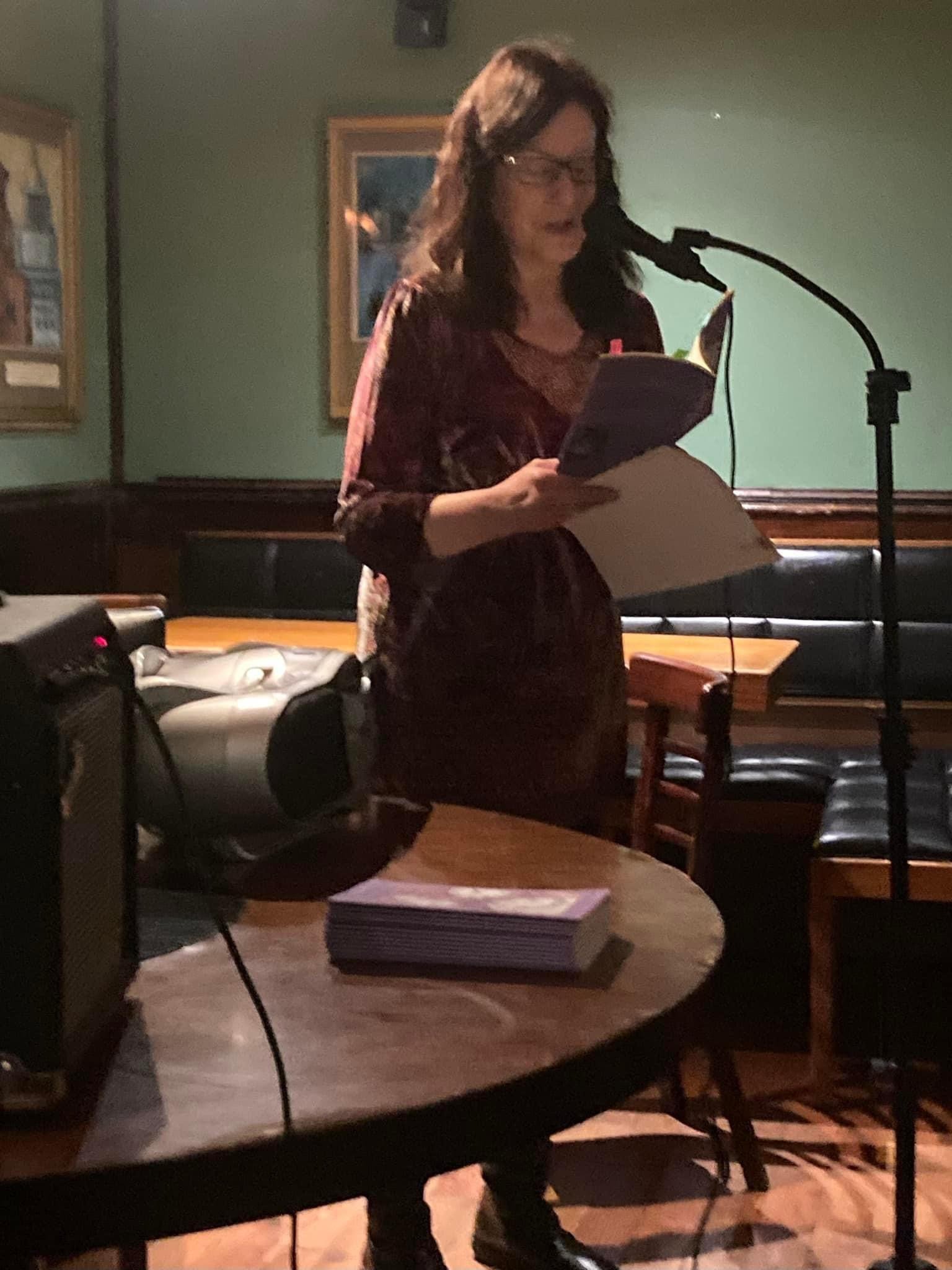Four Poems
by Elizabeth Morse
A Field Guide to Birds of North America
The Northern Harrier dreams of sky, bits of moon, and clouds.
As he flies, gray and white body shadows wetlands and open fields.
He will never come to my window where I place bricks of suet.
He does not soar high. The stars are light years too far.
The ground’s closeness is reassuring; he believes it keeps him safe.
The Sandpiper calls twee twee at the beach, where sunbathers watch.
She calls for someone distant who’s never coming home,
someone far away in the dunes, behind the towels and umbrellas.
She flies with the others, enjoying a wealth of sand at her home.
When she lands, wetness covers her feet, just the way she likes it.
The Large-Billed Tern has broad wings with shiny points, like
outsized arrows. He leaves his home in Paraguay for Florida,
where he swoops in and listens to people’s conversations,
making sure they are not talking about him. He turns his head
and bill around just to see what they’re saying: nothing good.
The Razor Bill is chunky; she’s been teased for it all her life.
She growls knorrr. It’s the horror of having to nest in a cliff by the sea,
but it’s all she knows. Still, she loves her children, protecting them
from sharp edges, sudden falls. For now, all is well. She nestles
in her own warm circle, her nest, her joy, children gathering around.
The Rink at Bryant Park
It was the job I got after my son, Travis, passed when he was twenty-four.
From my office on the 40th floor, I could see the skaters gliding around the rink.
From that height, they were just tiny figures, and Travis was there skating to infinity.
His twelfth birthday party was there, all his friends skating at different speeds.
I watched his blue coat as he took off, sometimes with someone, sometimes alone.
Beloved child! We went together Saturdays; he taught me to skate all over again.
In high school, he went alone or with friends. By this time his coat was black.
After, each birthday came and went. Seizures came back, this time with visions.
At twenty-one, he stayed home in the dark like a bat, skates shoved in a corner.
In a conference room on a lower floor, I drew diagrams of grief on my laptop.
At only nine stories away, the rink was lit in blue. I looked at the skaters’ jackets,
movements of their legs, and thought how I would give anything for Travis’s return,
even as a dream, skating forever into everywhere, smiling and waving.
Drunks
You came over on a chilly day in May
with a bottle of vodka,
and never left for two years.
When I passed out,
you stood me up naked in the shower.
I felt reassured that you knew
how to handle a drunk
other than yourself.
When you left, it was for another woman
who didn’t drink.
How was she ever going to talk to you
without a glass
in her hand?
After the Heat
When we met in the park,
I told you I liked to drink.
You raised your eyebrows.
How long did it take you to move in?
We slammed that metal-framed bed
that came with the apartment,
the place that was yours and mine
at least for then.
The radio thumped through
destroyed linoleum.
Curtains glowed yellow
in July’s scorching heat.
We drank beer after beer
straight until morning.
Two sixpacks wasn’t enough.
At bleary sunrise,
the fan impersonated your snore.
It was raining when you left.
I just didn’t find you home one night
in October. It was the disappearing act
you said you’d never do.
BIO: Elizabeth Morse’s poetry has been published in literary magazines such as Ginosko, Kestrel, and SurVision. Her chapbook, The Color Between the Hours, has just been published by Finishing Line Press. She was a finalist in the Blue Light Press full-length poetry collection contest and has her MFA from Brooklyn College.
